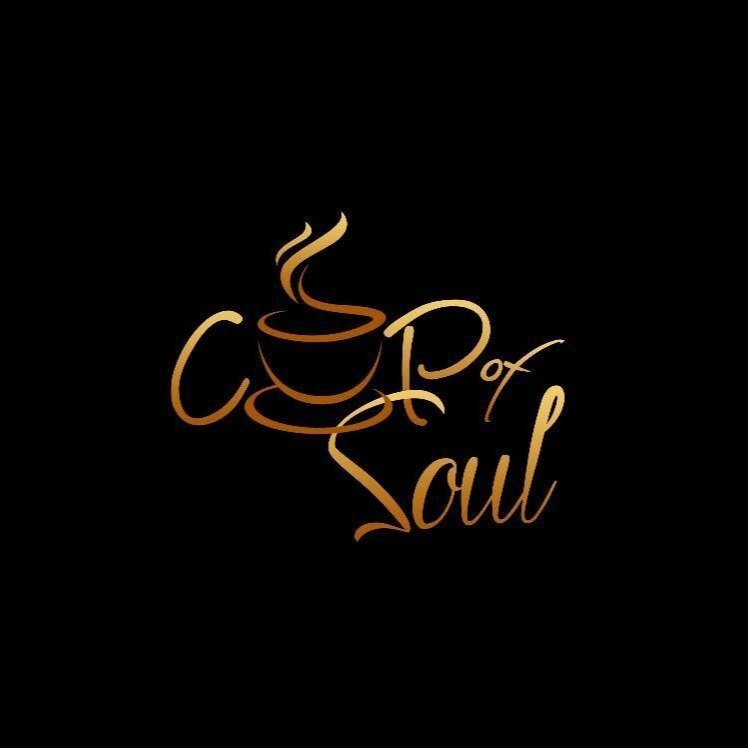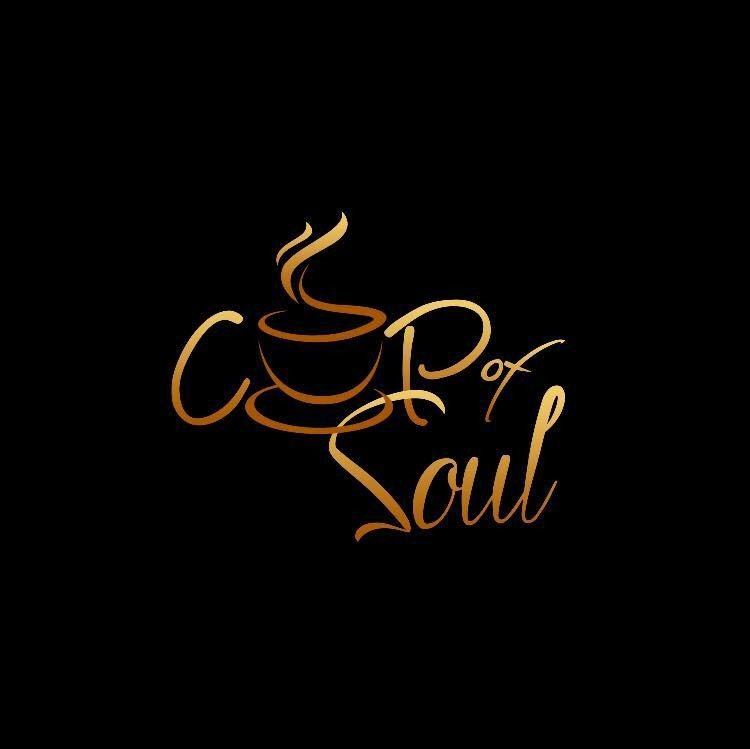Review of I May Destroy you via
Murtada Elfadl
I'm always torn on the auteur theory. Cinema, television, and theater are collaborative arts, so attributing a piece to one person is iffy even if they wrote and directed it. What about the contributions of the actors? The costume designer? The editor? However, once in a while, a work comes through that makes me surrender your qualms and acknowledge its rightful author. That's the case with I May Destroy You and Michaela Cole, who wrote, directed (along with Sam Miller), and starred in the HBO 12 episode series. The way the series collates and coheres as it hurtles along to its ending commands to be recognized as a bold auteur's work.
I resisted this show for weeks though I kept hearing from friends about how great it is. Confined and depressed because of the turmoil and the disaary the world's currently in, I was trying to be judicious about what I watch and only looking for things that bring pockets of joy. A show about sexual assault didn't seem to fit the bill. I forgot about the exhilaration one gets when watching a truly great work of art no matter the subject matter.
Coel plays Arabella, a young writer in London who got famous for her twitter feed. Now suffering from a significant case of writer's block as she tries to meet the deadline for her first book, she goes out with friends out on the town. A night of fun, recreational drugs, and consensual sexual exploration turns darker when a man spikes Arabella's drink and rapes her. Waking up the next day, Arabella isn't sure what happened. An open wound on her forehead is a sign that it wasn't all good. The show follows her as she tries to piece together what happens with the help of her friends Terry (Weruche Opia) and Kwame (Paapa Essiedu).
While this is a work of fiction, Coel grounds the experience fuller into reality by making Arabella a sort of avatar for herself. Both Coel and Arabella are writers who connected with a big audience at a young age by reflecting on their generation's experiences. Both are outspoken and confrontational and don't shy away from tackling contentious issues. These similarities between author and character deepen what transpires, making the situations visceral and hard to ignore.
What the show does well is never making the audience comfortable. We are in because there's truth in the story and performances yet never just watching a show. I May Destroy You confronts us, allowing us no escape. We have to deal with the issues; we have to face memories, biases, and ideas that we'd rather ignore. Coel presents a full tapestry going back and forth in time, expanding the story to fit in years and different times to present her ideas about consent. She goes back to her characters' teenage years to unveil more, not just of their story but also the social mores that condition their behavior later on.
The show starts with sexual assault and ends full circle back with a confrontation about that assault. But perhaps the most potent part of it is a showcase couple of episodes about behaviors that might not appear as assault or rape as they are happening. Those encounters that begin consensually with trust, then turn because one partner betrays that trust. Coel details two such encounters; first, Arabella meets a cute guy, and they flirt, ending up in bed. He takes off the condom while having sex, then turns to victim-blaming, asking her how come she didn't feel it? Arabella is concerned at first, then accepting, but she becomes rightfully enraged as she thinks about it more. Brilliantly the writing and direction confront these vastly differing emotions planting us in Arabella experience every step of the way.
Simultaneously Kwame deals with a threesome that goes from seductive to awkward to violent. In Kwame's character, the show deals head-on with Black masculinity attitudes; that added pressure on Black men of the African diaspora to conform to some masculine ideal that does not allow homosexual feelings. That idea that Black men have to be above any kind of reproach to prove their mettle. How does a guy even realize they have been assaulted when they grew up with the residue of shame and guilt for not measuring up? On the flip side, can that person recognize tender feelings of love when encountering them? Kwame not only deals with oppression as a second-generation Ghanian immigrant in Britain but the burden of trying to blend in and getting accepted by family and by society at large. In exploring Kwame's mindset, I May Destroy You gives us a character that contrasts with and complements Arabella.
And it's not all fire and brimstone; the show also captures the bliss of friendship and how a sound support system can be a lifesaver in its portrait of Terry. There's a lot of uncomfortable sex, but there's also fun and flirty sex. The show even shows us the joy, camaraderie, and intimacy that can come with drugs; when friends are high together enjoying being close to each other.
I May Destroy You show Coel at her most bold and confident. There is a definite and unique authorial voice not just in writing but also in the mise en scene. If this were the 90s, the series would play Sundance as a film, become a sensation, and maybe even get nominated for a few Oscars. But if it were the 90s, a Black woman would probably not get the backing to tell this daring story; so pandemic notwithstanding, I'm glad to be living in Coel's 2020 world.
-----
Author Bio: Murtada Elfadl is a culture writer, critic, and podcaster. Originally from Khartoum, Sudan he decided to move to New York City when he got a New Yorker subscription at the age of 15. Many years later, the city remains his favorite place; he just wishes more movies in Arabic played here. He is a member of the selection committee for NewFest, New York's LGBTQ Film Festival. His writing has been published at The Film Experience, The Film Stage and Mediaversity Reviews. He hosts the Sundays With Cate podcast.


